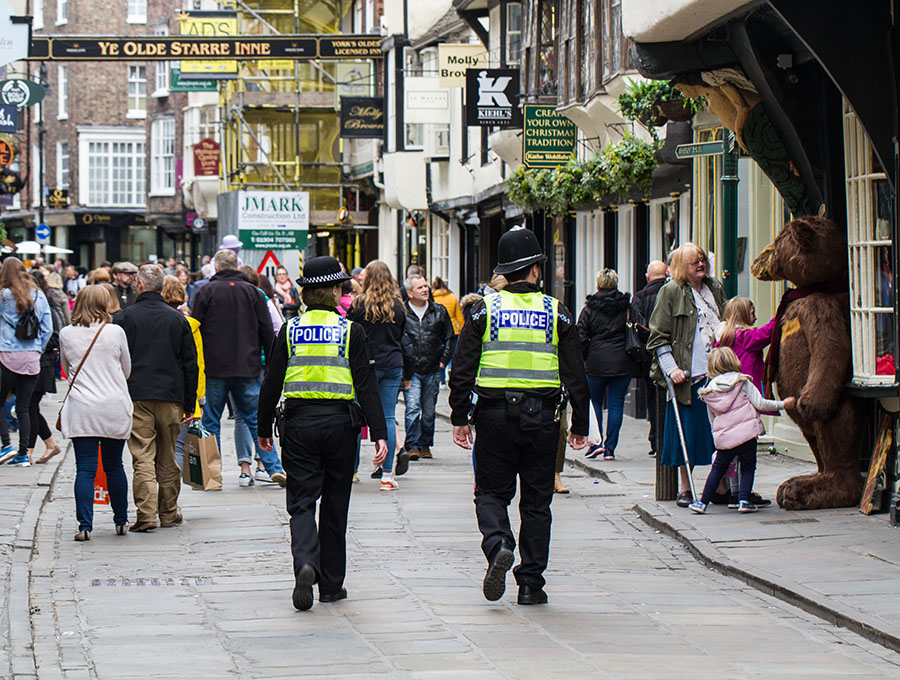
Siddhartha Bandyopadhyay
Professor of Economics and Director, Centre for Crime, Justice and Policing
As part of a strategy to combat knife crime, police have been given more extensive stop and search powers in the six areas where knife crime has been most extensive. This has received a mixed reaction, with many police officers welcoming this as a much needed tool to tackle knife crime, while others point out that this is not only ineffective, but may actually increase mistrust in the police and overlook the root cause of knife crime in the UK.
There is very little data analysis to support or reject either position. Research conducted by the College of Policing while examining the empirical evidence also laid out the theoretical basis of why stop and search could be beneficial. The following crime reduction mechanisms were identified:
- Incapacitation – Crime may be reduced if an officer arrests an offender as a result of a search and the offender is unable to commit further offences while they are in custody.
- General deterrence – Crime may be reduced if people decide not to commit offences because they perceive the risk of detection is too high.
- Order maintenance – Crime may be reduced if members of the public feel empowered to assert informal social controls as a result of stop and search, challenging the signs of disorder in a community.
- Voluntary compliance – Crime may be reduced in the longer term if offenders and other people decide not to commit offences because, as a result of fair decision making and respectful treatment by officers during stop and search, they see the police as a legitimate institution and feel they ought not to break the law.
However, they also point out that the reverse results could be found if stop and search by police is seen as unfair and targeted. Overall, their analysis found there is inconsistent evidence to suggest that stop and search would have a ‘meaningful deterrent effect’ and reduce knife crime.
In the face of little evidence to support either position, it is important to theorise to a certain extent and extrapolate from the past. In particular, a review carried out in 2014 – when police stop and search was decreased in England and Wales – found that misuse of these powers undermined public trust in policing, particularly among minority ethnic communities who felt disproportionately targeted by the police. This is particularly worrying, as problems around violence in society cannot be tackled if there is lack of trust between law enforcement and the community.
A broader point should also be made about constitutional protections, even if there is marginal deterrence from increased stop and search. Many of the protections that citizens enjoy in robust democracies may make it more difficult to ‘clear up’ crimes. In particular, a person accused of crime enjoys a number of rights. That includes the right to silence when arrested, not being subject to unreasonable searches and seizures, the presumption of innocence as well as the high evidential threshold used in court proceedings. These may make it harder to convict someone of a crime and some criminals may go free as a result.
However, these rights serve a higher purpose by allowing people to live without the fear of being asked to arbitrarily account for themselves. It is easy to forget that many parts of the world do not have the same basic rights that we often take for granted, and instead live in fear of arbitrary arrest and trial by the state machinery. We must take care not to backslide on our constitutional safeguards, which has the real risk of curtailing our right to be left alone with very little gain to show for it.
Therefore, the police should handle their increased power with caution. Given the extreme pressure to be proactive in the face of increased knife crime numbers, they must respect constitutional rights and maintain the trust of the people.

1 thought on “Can increased police power to stop and search tackle knife crime in the UK?”